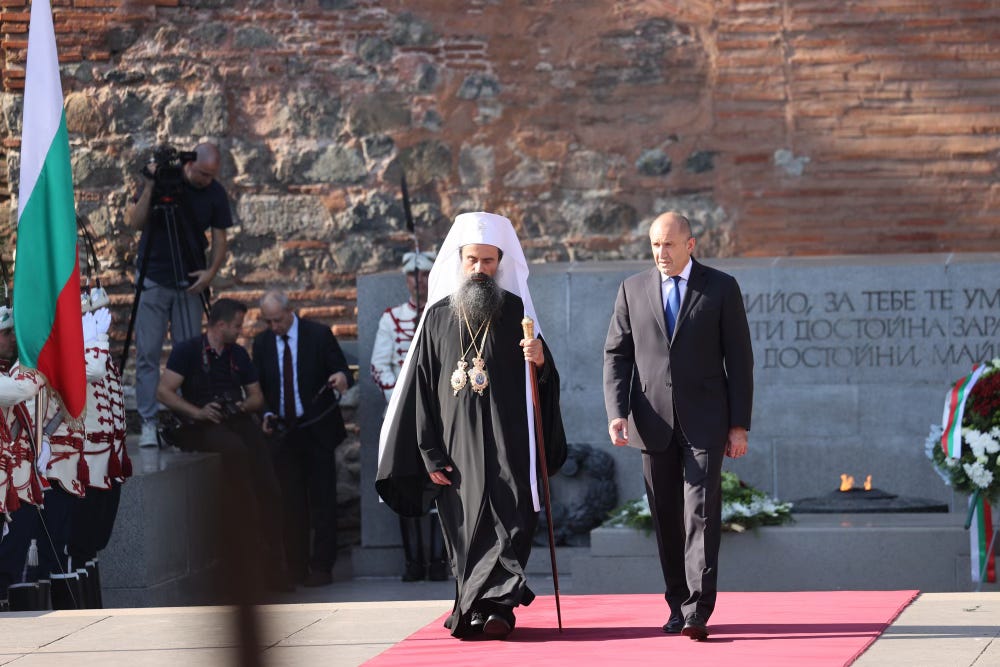Moscow secures a pro-Russian Patriarch in Bulgarian church elections

“I did not aspire to this position.”
These were the words from the enthronement of the new Bulgarian Patriarch, Daniil, after he was voted in by 138 members of the Bulgarian Orthodox Church electoral college on Sunday (30 June).
The former M…
Keep reading with a 7-day free trial
Subscribe to Divine Diplomacy to keep reading this post and get 7 days of free access to the full post archives.


